This medicine combines two complementary approaches to blood sugar control. Metformin (1000mg) reduces glucose production in the liver and improves insulin sensitivity, helping the body use glucose more effectively. Empagliflozin (5mg) works in the kidneys by preventing glucose reabsorption, allowing excess sugar to be excreted in urine. Together, they provide effective management of type 2 diabetes, improve long-term glucose control, and reduce cardiovascular risk.
Uses
This combination may be prescribed for:
-
Lowering blood sugar levels in type 2 diabetes
-
Improving insulin sensitivity and tissue glucose uptake
-
Reducing the risk of heart attack, stroke, and other cardiovascular events
-
Slowing the progression of diabetic kidney disease
-
Supporting weight management in some patients
-
Improving HbA1c levels and overall metabolic control
Dosage
-
Empagliflozin 5mg: Typically once daily, either alone or with other diabetes medicines.
-
Metformin 1000mg: Usually started at 500mg and increased gradually to 1000mg daily if tolerated.
-
Always take with water, preferably with meals.
-
Do not crush or chew the tablet.
-
Follow your doctor’s instructions for exact dosing.
Missed Dose and Overdose
-
Missed dose: Take when remembered unless it is close to the next scheduled dose. Do not double the dose.
-
Overdose: Symptoms may include nausea, vomiting, diarrhea, abdominal pain, dehydration, lactic acidosis (from metformin), or hypoglycemia (from empagliflozin). Seek immediate medical care.
When Not to Use
Do not use this medicine if you have:
-
Severe kidney disease or are on dialysis
-
Diabetic ketoacidosis
-
Allergy to metformin, empagliflozin, or related drugs
-
A history of lactic acidosis
-
Severe infection or are scheduled for major surgery
-
Recent serious heart attack or stroke without medical clearance
Side Effects
Common and possible side effects include:
-
Nausea, diarrhea, or stomach pain
-
Metallic taste in the mouth
-
Weakness or dizziness
-
Increased urination
-
Genital yeast infections or urinary tract infections
-
Low blood sugar, particularly if combined with insulin or sulfonylureas
Seek urgent medical care if you develop unusual muscle pain, severe stomach discomfort, difficulty breathing, or other signs of lactic acidosis.
Precautions and Warnings
-
Patients with kidney or liver disease may require dose adjustments or close monitoring.
-
Elderly patients are more sensitive to side effects, especially related to kidney function.
-
Alcohol should be avoided as it raises the risk of lactic acidosis and dehydration.
-
Monitor for dehydration and low blood pressure, particularly in hot weather or during illness.
-
Inform your doctor about all other medications and supplements you are taking.
Drug Interactions
-
Alcohol increases the risk of lactic acidosis.
-
Diuretics may enhance dehydration and the glucose-lowering effect of empagliflozin.
-
Insulin or other antidiabetic medicines may require dosage adjustment.
-
NSAIDs and corticosteroids can affect blood sugar control and kidney function.
-
Contrast dyes for imaging may affect kidney function; metformin may need to be paused temporarily.
Food Interactions
-
Alcohol should be limited or avoided.
-
Long-term metformin use may reduce vitamin B12 absorption; supplements may be required.
-
Grapefruit juice may affect empagliflozin metabolism.
-
Excess sugar in the diet reduces treatment effectiveness.
-
Maintain good hydration to lower the risk of urinary infections.
Storage and Disposal
-
Store in a cool, dry place away from sunlight and moisture.
-
Keep tablets in their original container, tightly closed.
-
Do not use past the expiration date.
-
Do not flush; follow local pharmacy or community disposal guidelines.
-
Keep out of reach of children.
Quick Tips
-
Take regularly, preferably with food.
-
Stay hydrated.
-
Monitor blood sugar as directed.
-
Report persistent stomach problems, dizziness, or infections to your doctor.
-
Do not share your medicine with others.
Laboratory Monitoring
-
Blood sugar and HbA1c to check effectiveness
-
Kidney function (serum creatinine, eGFR) before and during treatment
-
Liver function tests
-
Lipid profile for changes in cholesterol and triglycerides
-
Electrolytes, especially potassium and magnesium, if at risk
Disclaimer: This information is for educational purposes only and should not replace medical advice. Always follow your doctor’s recommendations.

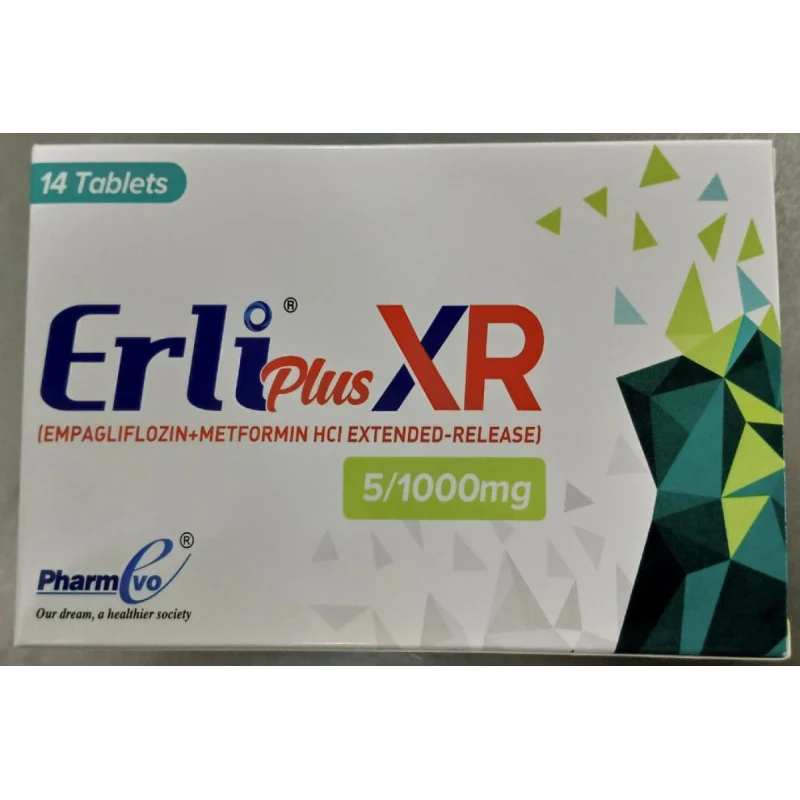
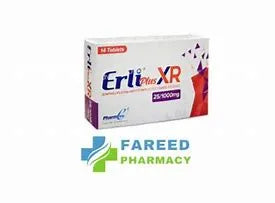
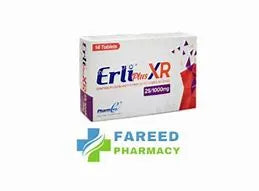
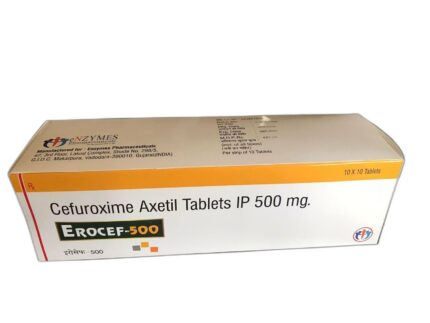
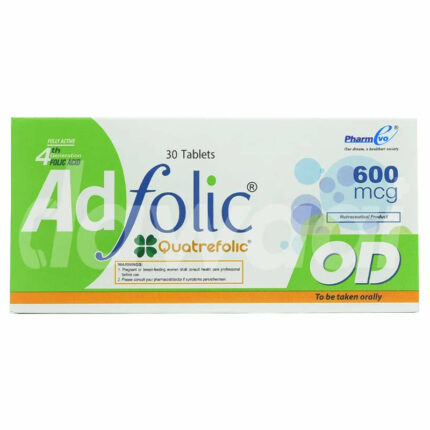

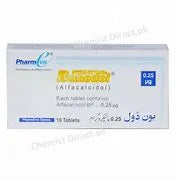
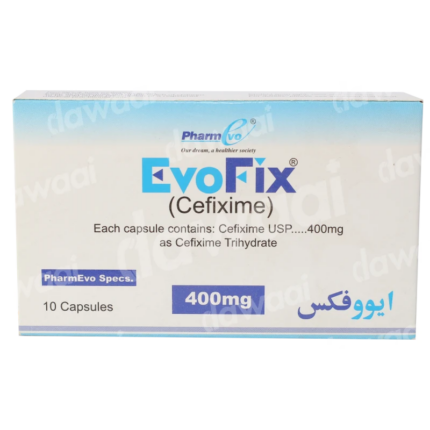
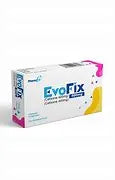
Reviews
There are no reviews yet.